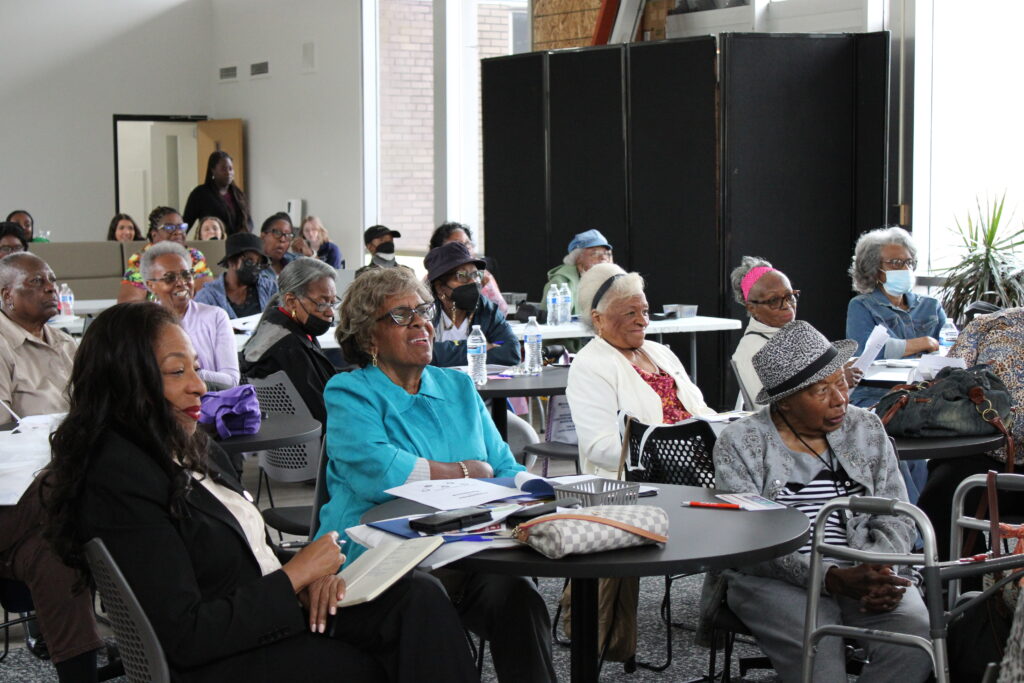“University of Michigan has been an amazing partner – they have been able to connect us with tons of resources and tons of knowledge. They are a partner we can count on. Partnerships with U-M are invaluable. They take your work to places may not have imagined. Being able to work with brilliant minds and with folks who look at things differently will push you in your own work.”
~ Camille Johnson, director of development and communications for Eastside Community Network


